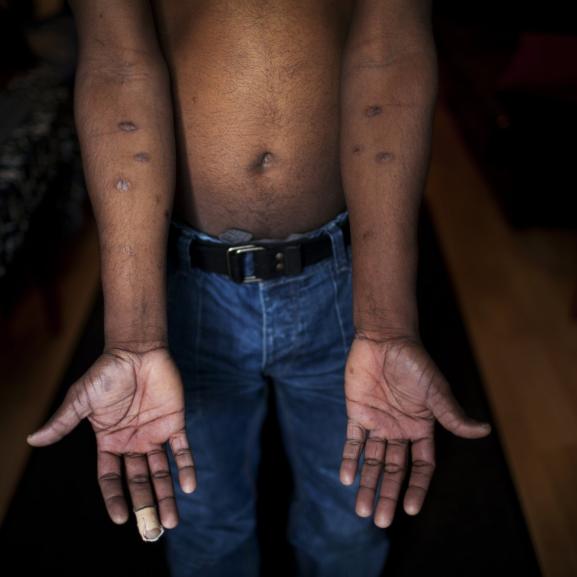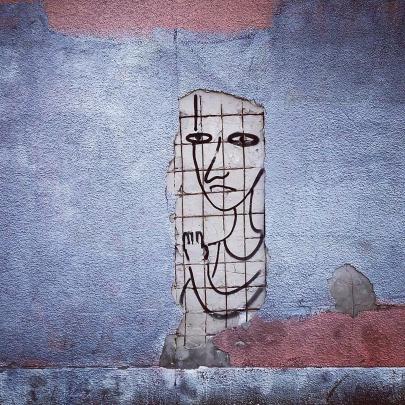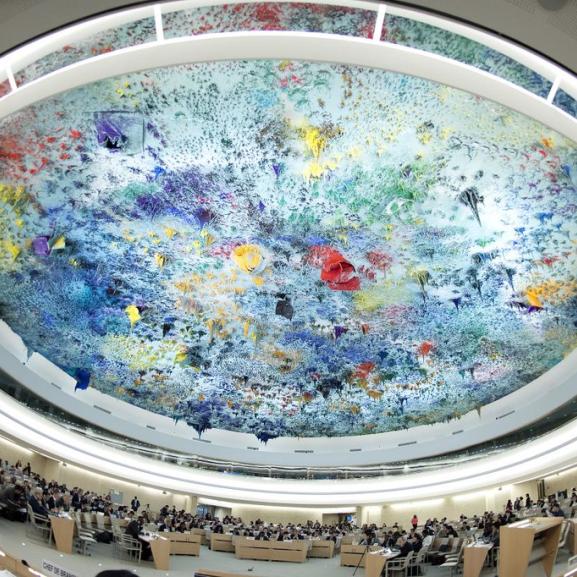Torture once again rampant in Sri Lanka conflict
The scale of the resumption of torture in Sri Lanka following the breakdown of the cease-fire between Tamil insurgents and government forces, and the emergence of state-sponsored paramilitaries such as a breakaway Tamil group led by Col Karuna, is revealed in a new report from the Medical Foundation.
A survey of 130 Sri Lankan clients referred to the MF in the past year shows that all parties to the conflict have reverted to human rights abuses after a lull of several years in which torture was largely confined to police investigating criminal matters.
Despite the upsurge, the Home Office last year removed 385 Sri Lankans who had been unsuccessful in claiming asylum, among the largest number of people returned to any one country in 2006. Many had spent their time in the UK in detention as part of the "fast track" asylum process.
In 2000, the MF published research highlighting the use of torture by both the Sri Lankan forces, and the Liberation Tigers of Tamil Eelam (LTTE) , which documented the methods used. Today, a new wave of clients bears witness to its resurgence.
In 2007 removals have continued, as well as the fast tracking of some cases, although the conflict has steadily worsened, with the immigration authorities relying on a selective interpretation of facts to dismiss some claims.
Now more international human rights organisations are highlighting the abuses resurfacing in a country where Tamil militants took up arms against the Sinhalese majority more than 25 years ago in attempt to carve out their own territory in the North and North East.
The MF's recent caseload suggests that the targets of abuse are largely Tamil Hindus, many of whom reported being coerced into working for the LTTE as an alternative to having family members "conscripted". Others said they were targeted as suspects, often because of the activities of spouses or relatives. Several women who were detained by security forces or paramilitary groups while seeking to find their husbands were raped by the very authorities they sought help from.
Leanne MacMillan, Director of Policy & External Affairs at the MF, said: "Those interviewed by the MF remind us once again of the ongoing strife in Sri Lanka. It also reminds us of why we must impress on the Home Office the urgent need to identify torture survivors early on in the asylum process so that they are not detained, and are adequately supported and cared for."
To view the full report, click below:





